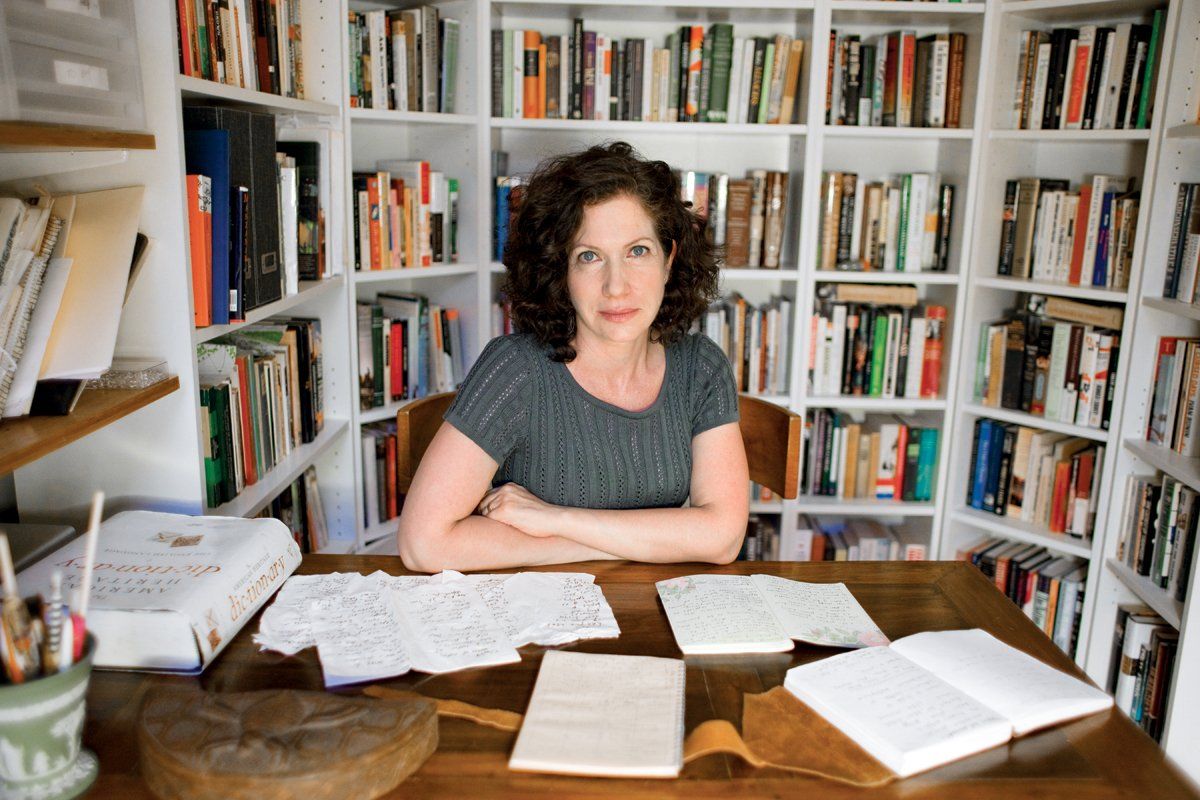
Amy Waldman doesn't consider her debut novel, The Submission, to be "about" September 11, or so she says over lunch in Brooklyn. "To me it felt like a novel about America," she explains. At first, this seems odd. In the book, Waldman imagines the public debate that might erupt if an American Muslim architect won an anonymous contest to design a memorial for the victims of a terrorist attack on Manhattan; her publisher, meanwhile, has timed its release to coincide with unveiling of the real memorial at Ground Zero.
But given the expectations that tend to accompany a "9/11 novel," and the disappointment that typically follows, Waldman's trepidation makes sense. In recent years, John Updike, Martin Amis, and Don DeLillo, among others, have all tried to hew fiction from the horrors of that day. Even their efforts were dwarfed by the subject. As critic Dwight Garner once put it, no one has written the "wide-screen, many-angled novel that will leave a larger, more definitive intellectual and moral footprint" on our era.
Is The Submission the 9/11 novel Garner & Co. have been waiting for? It is certainly many-angled, pivoting from perspective to perspective every few pages: the well-meaning widow who doubts the design she fought for; the proud Muslim architect who refuses to clarify his intentions; the black sheep who grieves for his firefighter brother by raging against Islam; the poor Bangladeshi woman whose janitor husband died in the towers. As these figures intersect, the private tensions between tolerance and fear that bedevil post-9/11 America begin to simmer to the surface. "I'm very attuned to how these issues mutate through society," says Waldman, who covered 9/11 for The New York Times. "Being a reporter took me outside of my own life and circle."
Helpful as it was, Waldman's reportorial rigor also prevents The Submission from totally taking flight as fiction. She is so skilled at capturing the nuances behind the news—the iniquities of our immigration system, the cruel machinery of our media—that her insights sometimes threaten to overwhelm her characters, who embody important ideas but never quite come to life. And the public outrage and political grand-standing over Waldman's memorial are so credible that the novel reads like a recapitulation of last year's rumpus over the "Ground Zero mosque," which postdates her first draft.
But despite its shortcomings, or perhaps because of them, Waldman's debut does something that no other 9/11 novel has done with such clarity or force: it encourages us to turn inward and to ask ourselves the questions we've avoided ever since the towers fell. Where is the line between ideology and morality? Bigotry and patriotism? As a waiter clears her lamb sandwich, Waldman mentions a Facebook message she received from an early reader. "He told me," she says, "that the book itself was like a memorial." The Submission doesn't transport its readers to another world—it plunges them deeper into this one. The result is that, for a few hundred pages of fiction, at least, reality is again impossible to ignore. Someday 9/11 will get its great novel. Right now, on its 10th anniversary, a memorial may be enough.
Uncommon Knowledge
Newsweek is committed to challenging conventional wisdom and finding connections in the search for common ground.
Newsweek is committed to challenging conventional wisdom and finding connections in the search for common ground.





